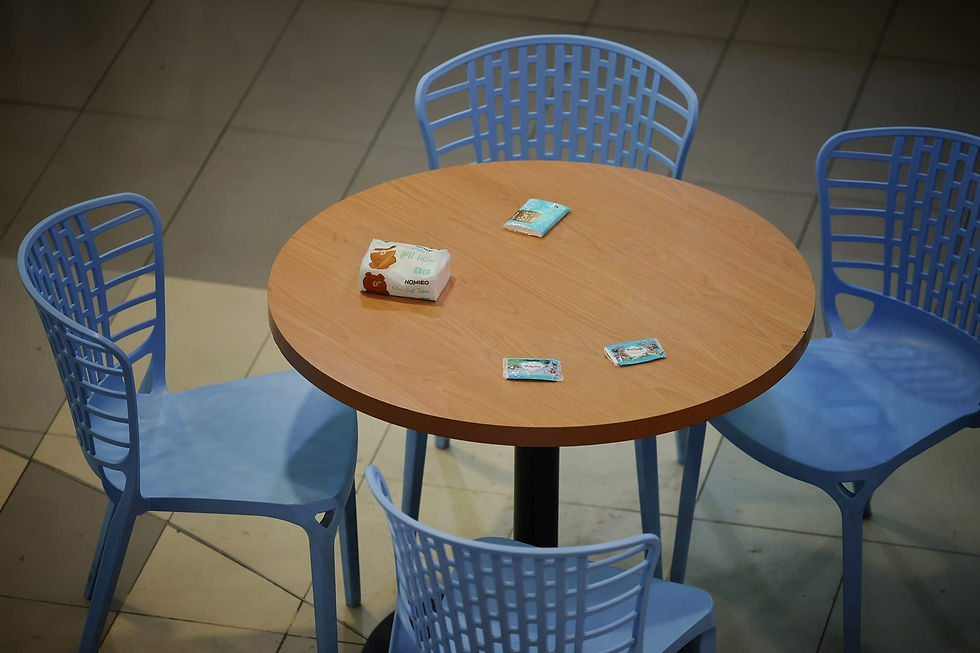Tissue Papers, Umbrellas, and Moral Choices at Hawker Centres
- euan2853
- Oct 6, 2025
- 2 min read
Updated: Oct 16, 2025

When I was in secondary school, “choping” seats in the school canteen was a high-stakes game. Students armed with packets of tissue, stray pencils, or even old umbrellas would dash through the hall, hoping to claim a spot for their friends. I remember one time arriving late, only to find my carefully choped table occupied. Annoyance flared. Was it fair to save a seat for hours while others had to stand, or should I give it up to avoid conflict?
John Stuart Mill’s philosophy offers a way to think about these dilemmas. Mill believed that actions are morally right when they promote the greatest happiness for the greatest number. In the context of choping, this means considering not just our own comfort, but the happiness of those around us. Guarding a table selfishly may benefit a few, but it can create frustration, tension, and wasted energy for many others. Conversely, giving up a spot to someone in greater need, an elder, a friend carrying heavy books, or a student arriving late, maximises overall well-being.
The moral interest of choping lies in balancing self-interest with communal happiness. Some students fiercely defend their 'choped tables, treating them like prized possessions. Others release a spot when it benefits the group. The latter, Mill would argue, act in a way that considers the consequences of their actions on everyone’s happiness. Over time, students learn that the “right” choice isn’t always the easiest or most convenient one, but the one that spreads the most benefit.
Even small acts like leaving a table for someone else matter. Choping is not just a game of territory. It’s a lesson in empathy, foresight, and social responsibility. In a bustling city like Singapore, these tiny decisions shape how we live together, ensuring that the crowd’s comfort and well-being are weighed alongside our own.
Looking back, I realise that the tissue papers and umbrellas were never the point. What mattered was learning to think about others, to act in ways that maximise collective happiness. In that sense, even a simple act of choping can carry moral weight, showing that ethics isn’t just for grand decisions, but for everyday life.


Comments